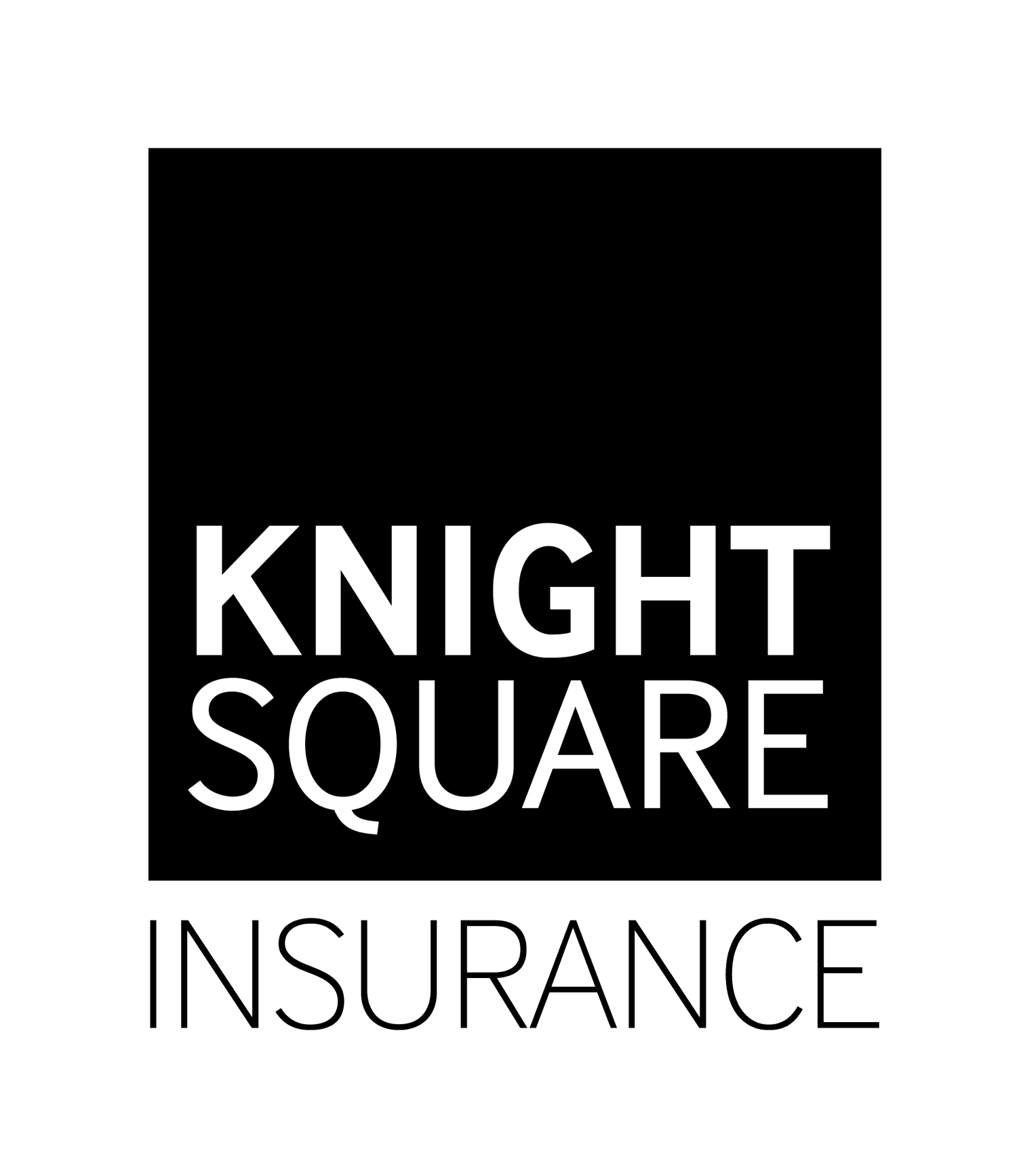What is ‘Risk Management’ and its effects on insurance premiums
How would you define risk management? It is the practice of identifying and analysing loss exposures and taking steps to minimise the financial impact of the risks they impose.
What does that mean for insurance premiums? By minimising the amount, the insurer pays out in claims through effective risk management you will see benefits through flat or reducing insurance premiums. It is noted that claims are just one factor when considering insurance premiums, but a poor claims history does have a direct and detrimental impact to your premium. We take a look at two of the biggest exposures for insurers and what leaseholders and tenants can do to minimise the potential for claim(s).
Escape of Water (EOW) claims remain the biggest cost to the insurance industry, and these are sometimes the easiest ones to prevent through some simple risk management steps.
· Know the location of the stopcock
· Ensure water tanks and pipes are lagged, particularly in unheated areas
· Where possible, regularly check the pipes where your appliances are plumbed in for any looseness, leaks, or drips
· In areas where pipes are covered but that you still have access to (e.g., behind removable bath panels, toilet cistern panels and underneath kitchen units, where accessible,) it is a good idea to take a look every now to make sure there are not any small leaks which could become major
· Check sealants around sanitary wear, check for cracks in shower trays, or tiles and repair/replace as necessary
· Avoid leaving appliances unattended – do not put the washing machine on when you are off to the cinema or out shopping
· Ensure the drain hoses from washing machines and dishwashers are firmly in the drainpipes and cannot jump out
· Be careful of limescale build up if you live in a hard water area
· When running a bath – do not forget it is running!
· Avoid putting a nail through the hidden water pipe when doing DIY
· You can use your water meter to check for any leaks – make sure nothing is using any water in the property, then turn your stopcock off and note the reading. Check again after 1-2 hours to see if the meter reading has changed. If so, it is likely that there is a leak somewhere
· Consider fitting a leak detection device which will monitor your usual water use and turn off the water if it suspects a leak
Fire can be caused by a variety of factors, some deliberate, e.g., arson, others not deliberate but down more often than not due to human error. Arson remains the largest cause of fires in the UK, but there are ways to reduce the risk and extent of damage through risk management practices.
· Keep bin stores away from the building and in a secure area
· In multi occupancy buildings, such as apartment blocks, ensure access is only available to key holders or their visitors
· Do not store items in communal areas and corridors; not only are they a fire hazard but they are also restricting access for people to leave the building during an emergency but also access for emergency services to respond
· Be vigilant
How residents can reduce the risk of fire when no malicious intent involved
· Avoid using barbeques, heaters, and other sources of ignition on balconies and roof terraces. In most instances the use of such items is specifically banned by the Lease and insurers have been known to impose ‘conditions’ on building policies. The use of such items may invalidate the insurance in the event of a fire
· Disposable barbeques not properly extinguished can cause fires in bins and bin stores
· Discarded cigarettes not properly stubbed out can cause fires
· Install fire alarms, smoke detectors, and make sure to check still working
· Look to have fire suitable fire extinguishers/blankets with the demised area – check they are in date
· Do not leave fire doors open, they have been installed for a reason
· Did you know that if you let out a furnished property, any upholstered furniture must meet the requirements of Furnishings (Fire Safety) Regulations 1988
· Landlords are also legally required to conduct annual safety check on gas boilers and heaters and from June 2020 every 5 years for electrical items & wiring
· Always make sure electrical appliances have a British or European safety mark when you buy them
· The use of multi-socket adapters, which are not individually fused, or unofficial chargers for mobile devices should be discontinued
· E-Scooters & E-bikes; the majority of fires related to their use have come from when charging in homes; always following the instructions and do not leave unattended when charging (or charge whilst sleeping); unplug the charge after use
· Dispose of all sorts of batteries appropriately
· Be vigilant
To find out what we can do for you, email the team: info@knightsquareinsurance.co.uk
